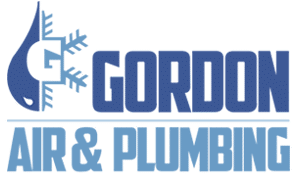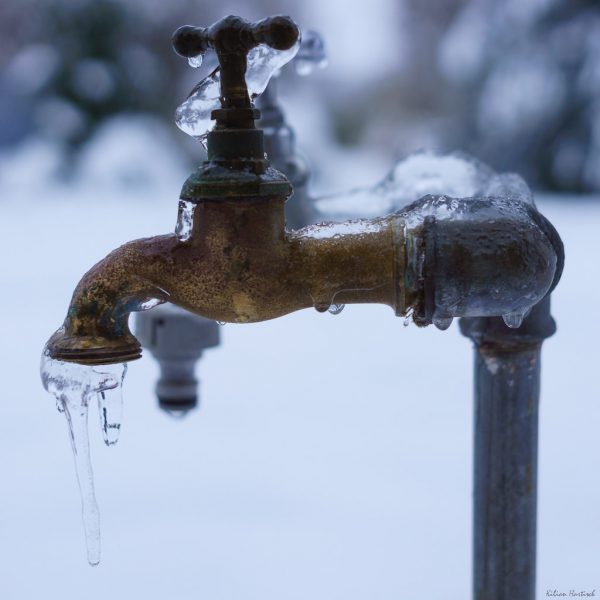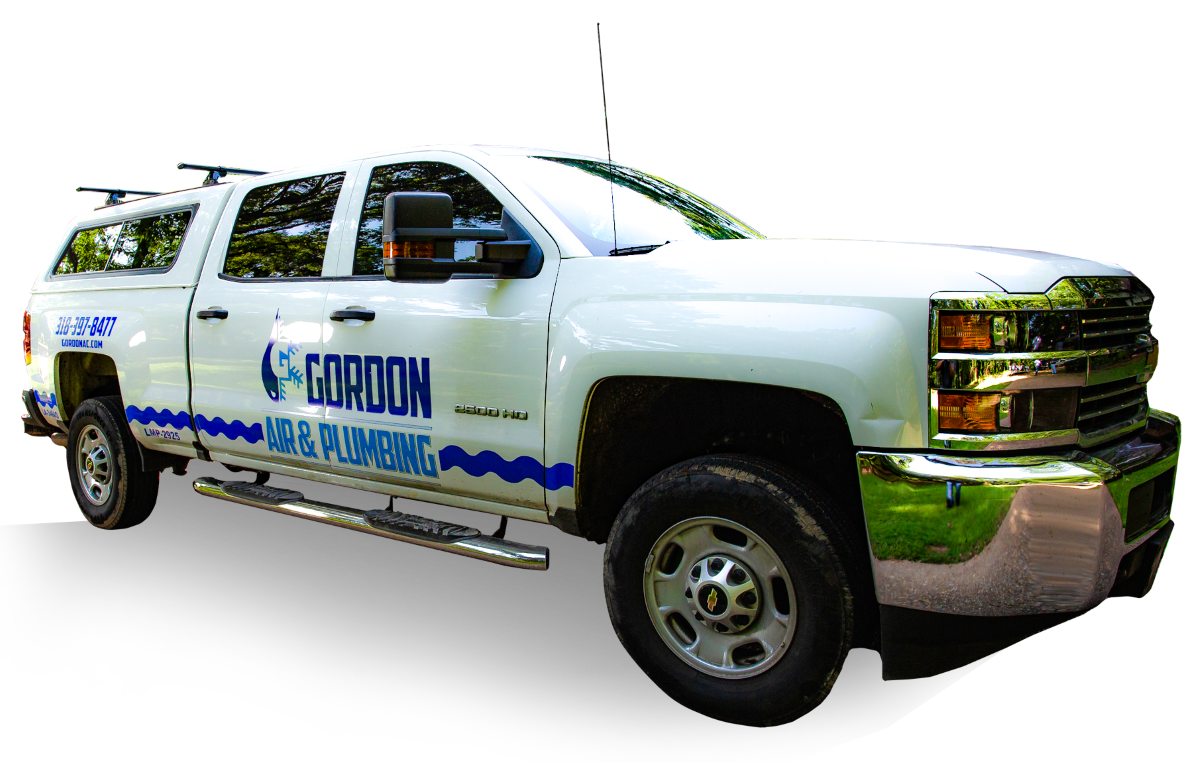With winter just around the corner, it can be easy to get distracted by the upcoming holidays, busy schedules, and life’s hectic moments. But it is crucial to invest a few minutes in inspecting your plumbing pipes and fixtures before the cold weather storms in. Especially if you have recently moved into a new home and are not sure how the plumbing lines are protected against the cold. The hours or so that you invest in the process could save you some hefty expenses later in the season and a few annoying days with no functioning water service in your home.
Where You Need To Look
Unfinished Basements, Attics, and Crawl Spaces- If your home has a basement or attic, it is a safe bet that plumbing pipes are traversing the space. In an unfinished basement, the lines could be exposed to air that will get much colder than a finished part of your home with heating and much more insulation. The same is true for exposed pipes in an unfinished attic. The temperature will drop quickly in these areas and can freeze and crack water lines. If you discover that the pipes are exposed and might be prone to extreme cold, insulating them with pipe wrap is a smart investment of your time and a few dollars.
Water Heater- It is not uncommon for a water heater to be installed in an unheated part of your home. It could be in the basement, garage, or an outside storage closet that is not heated via the HVAC system in your home. Adding pipe insulation and a water heater jacket is a good way to know that you will not be facing frozen pipes and a damaged water heater when the outside temperature plummets.
Pipes In Cabinets- If you have areas of your home that you keep relatively cool, then piping inside cabinets could be subject to freezing. In a spare bathroom where you closed a heating vent, or even in a rarely used laundry room, the temperature could drop to near or below freezing in the cabinets. It is a good idea to leave the cabinet doors open to allow for more air circulation. And installing pipe insulation is also a cost-effective way to avoid a costly problem this winter.
Hose Bibs And Outdoor Spigots- Before the first cold weather, it is imperative that you remove all hoses and accessories from your outdoor faucets and hose bibs. Be sure that the valves are closed, and then back drain the remaining water out of the valve. Consider wrapping the hose bib in a small towel and securing a plastic bag over the towel for added insulation.
Lawn Sprinkler Systems- If you live in an area with freezing temperatures, it is essential that you have your underground sprinkler system winterized. An irrigation company typically performs the process. They will shut off the water to the system and then blow the remaining water out of the pipes to avoid freeze damage over the winter months.
Swimming Pool Piping- Just like your lawn sprinklers, swimming pool lines must be winterized in cold regions to avoid shattered pipes. Contact your pool builder or pool service company to schedule the winterization process.
Preventing Frozen Pipes
Even if you are well prepared, there can be extenuating circumstances resulting in frozen pipes in your home. Something like your furnace failing or an exceptionally cold snap can freeze pipes unexpectedly. But if you have any warning of the event, you can take some added precautions to avoid damage.
- Keep thermostats set no lower than 55 degrees
- Keep the water flowing if you are afraid of extreme cold, let a faucet drip to keep water moving
- Be prepared to shut off the water to your home in the event of a frozen pipe- know where the valve is located
- Thaw frozen pipes with a hairdryer- if you notice that ice is forming inside a water pipe, use a hairdryer to thaw the ice before the pipe completely freezes and begins to crack
If you experience frozen pipes and suspect damage to the water lines, call (318) 202-9144 immediately. The team at Gordon AC & Plumbing is available 24/7 for emergency service calls.



